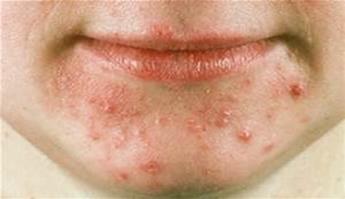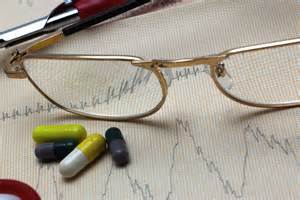Female Hormonal
Imbalance and Acne
Imbalance and Acne

Many of us have battled acne at least once in our lives. Whether it was during our hormonally turbulent teens, over consumptive 20s, or as our body chemistry shifts during and after pregnancy and in later years of life, at some point we’ve been faced with a decision about how to treat irritating and unsightly spots.
If you’re frustrated with your skin, a new lotion or tonic won’t solve your problems. You can’t change the outside without also changing the inside. This means changing what you eat and how your body uses it. (Cosmetic companies aren’t going to bother telling you this.) Healing your body from the inside-out is the only approach that brings lasting results. Adding the right body care routine, free of unnecessary chemicals and filled with skin-nutrition, is icing on the cake and completes your clear skin, radiant body plan!
Acne is a disease that affects the skin's oil glands. The small holes in your skin (pores) connect to oil glands under the skin. These glands make an oily substance called sebum. The pores connect to the glands by a canal called a follicle. Inside the follicles, oil carries dead skin cells to the surface of the skin.
Hormones affect oily sebum and skin cells to grow excessively. In a healthy person skin cells die and are pushed out of the skin by the growing hair. In an acne-prone skin this process goes wild and dead skin cells and excessive sebum block the hair canal (follicle). Once the hair canal is blocked by a sticky mixture of sebum and dead skin cells, it starts to swell as more and more dead skin cells are pushed into the area.
If your skin produces more sebum it also needs more antioxidants protection. Inflammation depletes finite antioxidant reserves and may leave sebum vulnerable to inflammatory damage. Without adequate antioxidant protection oil on the skin suffers oxidative damage and sets the stage for acne. Then all this oil oxidizes which makes the pores become infected and inflamed. This is acne. When there is an excessive amount of oil and a bigger, deeper infection, this is cystic acne. The only way to fix it is from the inside out.
- How to know if it is hormonal
- What is going on with your hormones
- How insulin resistance affects your skin
- Why too much testosterone and DHEA are bad for you
- How about reduced estrogen
- Why hypothyroidism disturbs your skin











